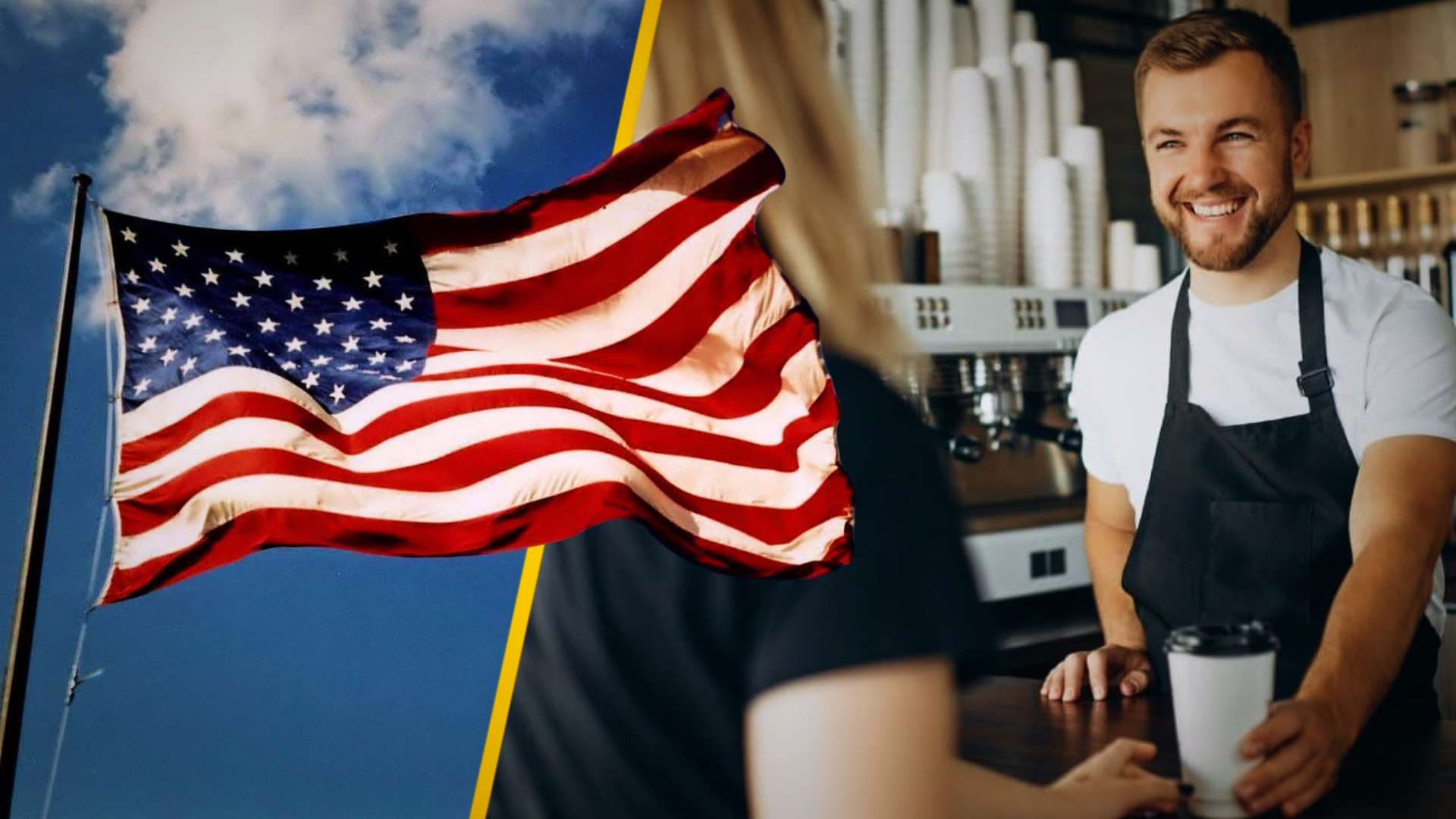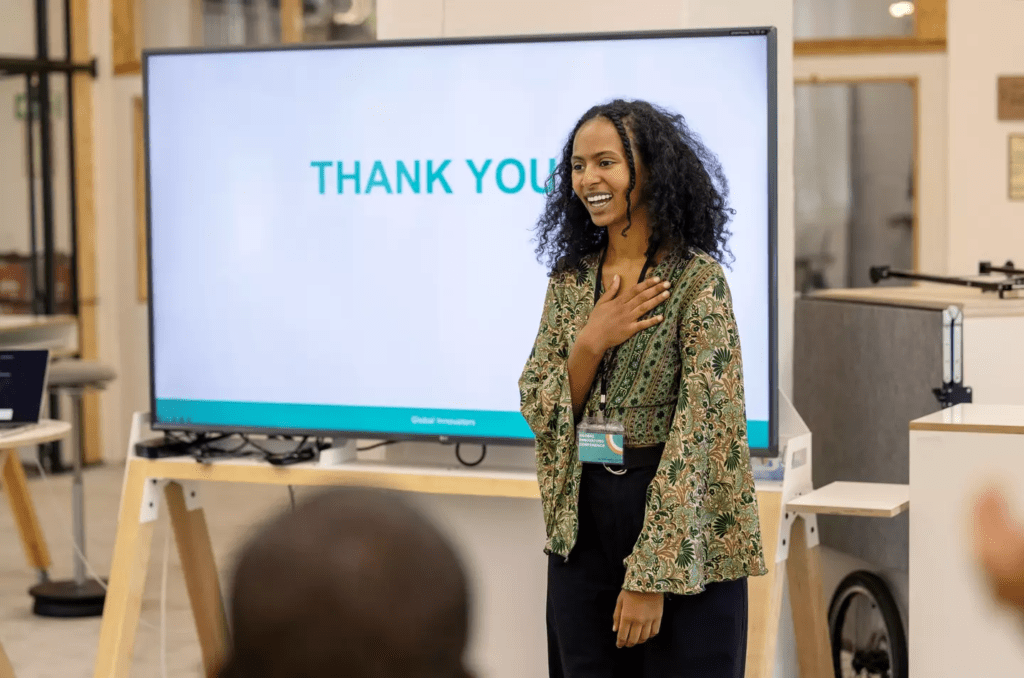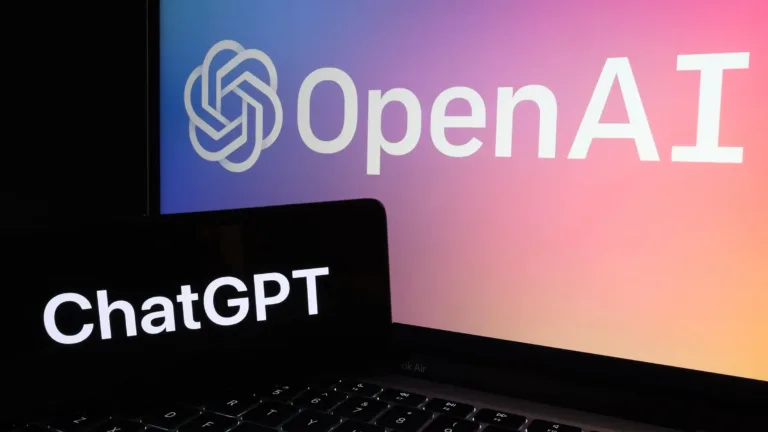Why the American Response to ‘Thank You’ May Seem Rude to the Rest of the World

(Hint: This Wouldn’t Fly in Britain or Beyond!)
When it comes to manners, what’s considered polite in one culture can come across as rude in another. Social media is abuzz with conversations about the way Americans often respond to a simple “thank you,” and it’s sparking global debates on etiquette.
This article explores why the American response to “thank you” might seem brusque elsewhere, compares global customs, and offers insights into how we can be more culturally aware.
Cultural Differences in Politeness
Manners are deeply tied to cultural norms, and what’s polite in one country may raise eyebrows elsewhere. This makes it all the more important to understand the customs of different regions, especially in an increasingly globalized world where cross-cultural interactions are more common than ever.
For instance, in Japan, slurping noodles is seen as a sign of appreciation for the food. It shows respect to the chef and demonstrates your enjoyment. In contrast, doing so in the U.S. might not only seem out of place but could even earn you a few judgmental stares. Similarly, greetings vary widely across regions:
- The U.S.: A firm handshake signifies confidence and professionalism.
- Europe: A peck on the cheek (or two) is considered warm and friendly.
- Asia: A slight bow shows deference and humility.

Even queuing etiquette differs. For example, in the U.K., cutting the line is practically a social crime, while in some other countries, lines are more fluid and people might naturally move ahead if there’s an opportunity. These small cultural nuances remind us that politeness is not universal—it’s shaped by traditions, history, and shared values.
The American ‘Thank You’ Dilemma
Recently, social media platforms like TikTok and Reddit have been flooded with conversations about how Americans often respond to “thank you” with a casual “mm-hm.” This seemingly harmless phrase, while widely accepted in the U.S., can come across as dismissive or even rude to people from other parts of the world.
In many cultures, responses like “You’re welcome,” “My pleasure,” or “No worries” are not only common but expected. They serve as an acknowledgment of the other person’s gratitude and reinforce mutual respect. However, travelers and expats have noticed that Americans tend to use phrases like:
- “Mm-hm.”
- “Okay.”
- “Yep.”

While these responses may sound perfectly normal in the context of American culture, they lack the warmth and sincerity that other cultures associate with polite exchanges. For some, the brevity of these responses can feel like a brush-off or a lack of interest, especially in formal or unfamiliar settings.
Social Media Sparks Debate
Social media platforms like TikTok have become hotspots for cultural discussions, shedding light on how different societies interpret politeness. A TikTok rant by an Australian user named Tilly has gone viral for calling out the American habit of responding to “thank you” with a nonchalant “mm-hm.” Her frustration struck a chord with viewers worldwide, as many could relate to her sentiment.
She expressed her disbelief, saying:
“Talking to an American, you say ‘Thank you,’ and they always just say like, ‘Mm-hm.’ Like what the f***? I just said ‘Thank you,’ say ‘You’re welcome’ or ‘No worries,’ not f****** ‘Mm-hm.’”
Watch Tilly’s viral TikTok here.
Another TikToker, Kacie, an American living in Italy, added to the discussion by admitting she also used to respond with “mm-hm” and hadn’t realized how it might come across in other cultures. She explained:
“I can’t tell you how many times Italians have thought I’m mad at them. Also, I’m from NYC, not the South, and this is a perfectly fine response to ‘thank you’ there too.”
The post sparked lively conversations, with commenters chiming in about their experiences. Many admitted they didn’t realize their casual responses could be perceived as rude, while others defended the practice, arguing that cultural context plays a major role in how these interactions are interpreted.

Global Social Media Reactions to the “Mm-Hm” Response
The conversation around the American response to “thank you” has taken off on social media platforms like TikTok, Reddit, and Twitter. Let’s take a look at some popular posts that highlight how people from different countries view this behaviour:
- Australian TikTok Post
Tilly’s viral TikTok rant resonated with people worldwide. In this clip, she calls out the American response of “mm-hm” as disrespectful, encouraging viewers to stick to more traditional responses like “You’re welcome.”- Watch the video on TikTok for Tilly’s full rant and reactions from viewers.
- American TikTok Post by Kacie
Kacie, a New Yorker living in Italy, discusses her personal experience with the “mm-hm” response and how Italians have misinterpreted it. She shares how this “casual” response, while normal in New York, can come off as cold or even hostile in other cultures.- Check out her TikTok post here: Kacie’s TikTok.
- Reddit Discussion on American Etiquette
A Reddit thread started by a user from the U.K. went viral after they shared their surprise at how Americans respond to “thank you.” Many British commenters chimed in, agreeing that a simple “mm-hm” could feel dismissive.- Join the discussion on Reddit to see global reactions.
These social media posts not only reveal how etiquette varies from culture to culture but also show the power of online platforms in sparking global conversations about politeness. It’s clear that even small differences in communication styles can make a big impact, especially when we’re engaging with people from diverse backgrounds.
Regional Variations in the U.S.
Even within the U.S., regional differences add to the complexity of how people respond to “thank you.” Depending on where you are, responses can vary not only in tone but also in phrasing.
For example, in Pennsylvania, you might hear people respond with “That’s okay,” a phrase that could seem odd or even dismissive to those unfamiliar with it. In New York, a quick “Forget about it” is a common response, reflecting the city’s fast-paced, no-nonsense culture. Meanwhile, in the South, where politeness is more formalized, you’re more likely to hear a warm “You’re welcome” or “It’s no trouble at all.”
These regional differences highlight the diversity within American culture itself. What might be seen as impolite in one part of the country could be completely normal elsewhere. However, for international visitors, these variations can make it even harder to navigate the nuances of American etiquette.
Why It Matters: Building Stronger Connections
Politeness isn’t just about words—it’s about fostering genuine connections. When someone expresses gratitude, how we respond can leave a lasting impression. Psychologist Dr. Hannah Yang emphasizes the importance of acknowledging gratitude in a way that strengthens relationships, particularly in professional or cross-cultural contexts.
Dr. Yang shared her insights in an interview with Parade, where she highlighted the value of thoughtful responses. Her top recommendations include:
- “You’re welcome.” This classic response is universally appreciated and conveys warmth.
- “I’m glad you liked it.” This phrase works especially well when you’re being thanked for something specific, like a project or gift.
- “Happy to help.” A response like this shows gratitude for the opportunity to assist.
- “It was my pleasure.” Friendly yet formal, this response is ideal for professional settings.
These phrases go beyond mere politeness—they create moments of connection and help build trust, making them invaluable in both personal and professional relationships.
How to Avoid Cultural Missteps
To avoid misunderstandings and ensure your gratitude responses are well-received, it’s worth adopting universally polite phrases. These include:
- “You’re welcome.”
- “No worries.”
- “Glad I could help.”
- “My pleasure.”
When traveling abroad, it’s also helpful to research local customs and adjust your communication style accordingly. For instance, in Italy, a heartfelt “Prego” (you’re welcome) is standard and demonstrates sincerity. In Japan, a humble acknowledgment paired with a slight bow shows respect and gratitude, fitting seamlessly into their culture of politeness.
Taking the time to adapt not only shows cultural sensitivity but also enhances the quality of your interactions, helping you build better relationships wherever you go.
The Role of Social Media in Shaping Etiquette
Social media platforms like TikTok, Instagram, and Reddit have become valuable tools for exploring and understanding cultural norms. Viral discussions about American “thank you” responses, like the ones mentioned earlier, demonstrate how these platforms can bridge cultural gaps by sparking meaningful conversations.
These debates also serve as a reminder that etiquette is constantly evolving. As we become more connected globally, the influence of social media on shaping manners and communication norms cannot be underestimated. By engaging with these discussions, we can broaden our understanding of different cultures and become more thoughtful in our interactions.
Final Thoughts: A Little Politeness Goes a Long Way
While the American “mm-hm” response may seem harmless to locals, it’s a good reminder that small gestures of politeness can have a big impact. Taking the time to say “You’re welcome” or “Glad I could help” isn’t just about good manners—it’s about showing respect and fostering meaningful connections across cultures.
In a world that’s becoming increasingly interconnected, adapting to different cultural norms isn’t just polite—it’s essential. So, the next time someone thanks you, think about how your response might be received. A little effort can go a long way in bridging cultural gaps and creating positive, lasting impressions.
What do you think? Have you noticed differences in how people respond to “thank you” around the world? Share your thoughts in the comments or join the conversation on Reddit!
Featured Image Credit: Getty Stock Images






